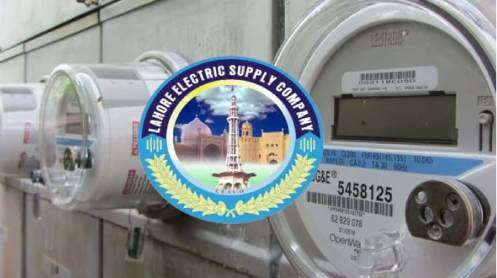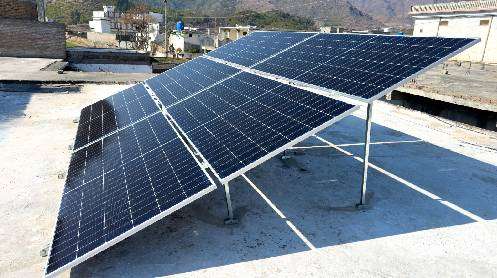China-Pak JV aims to remove hurdles preventing transition to alternative fuels
BEIJING: Pakistan’s Senate Chairman Muhammad Sadiq Sanjrani, along with a delegation, witnessed the signing of a landmark memorandum of understanding (MoU) in Beijing.
The MoU, inked on October 25 between TGOOD, a leading Chinese company, and the REC Group of Pakistan, aims to promote environmentally friendly electric vehicles (EVs) in Pakistan.
Speaking on the occasion, the Senate chairman said the collaboration had resulted in a strategic partnership aligned with the sustainable green development initiatives set forth by China during the 3rd Belt and Road Forum.
The partnership covers areas such as hydrogen vehicle technology, hydrogen filling station infrastructure, EV production, battery production and recycling solutions, and EV charging infrastructure development.
Transport is a major contributor to pollution in Pakistan, making the transition to alternative fuels imperative. However, Pakistan has faced a dilemma, with a lack of charging stations restricting the adoption of alternative fuel vehicles, while limited investment in such infrastructure is primarily due to the scarcity of such vehicles.
The joint venture with the REC Group signifies a significant step forward. TGOOD’s commitment to expanding in Pakistan, facilitated by integrators within the REC Group, is underpinned by a comprehensive strategic partnership framework agreement, encompassing full technology transfer.
In addition to EVs, TGOOD will also spearhead the development of hydrogen fuelling infrastructure. The joint venture is poised to explore regional export opportunities for the products manufactured in Pakistan.
The primary mission of the venture is to tackle the catch-22 situation that has hindered the transition to alternative fuels. Through strategic investments in EV components, recharging stations and export-driven growth, the partnership aspires to resolve these challenges and stimulate the development of a sustainable green transportation ecosystem.
THE ARTICLE ORIGINALLY APPEARED ON THE CHINA ECONOMIC NET







